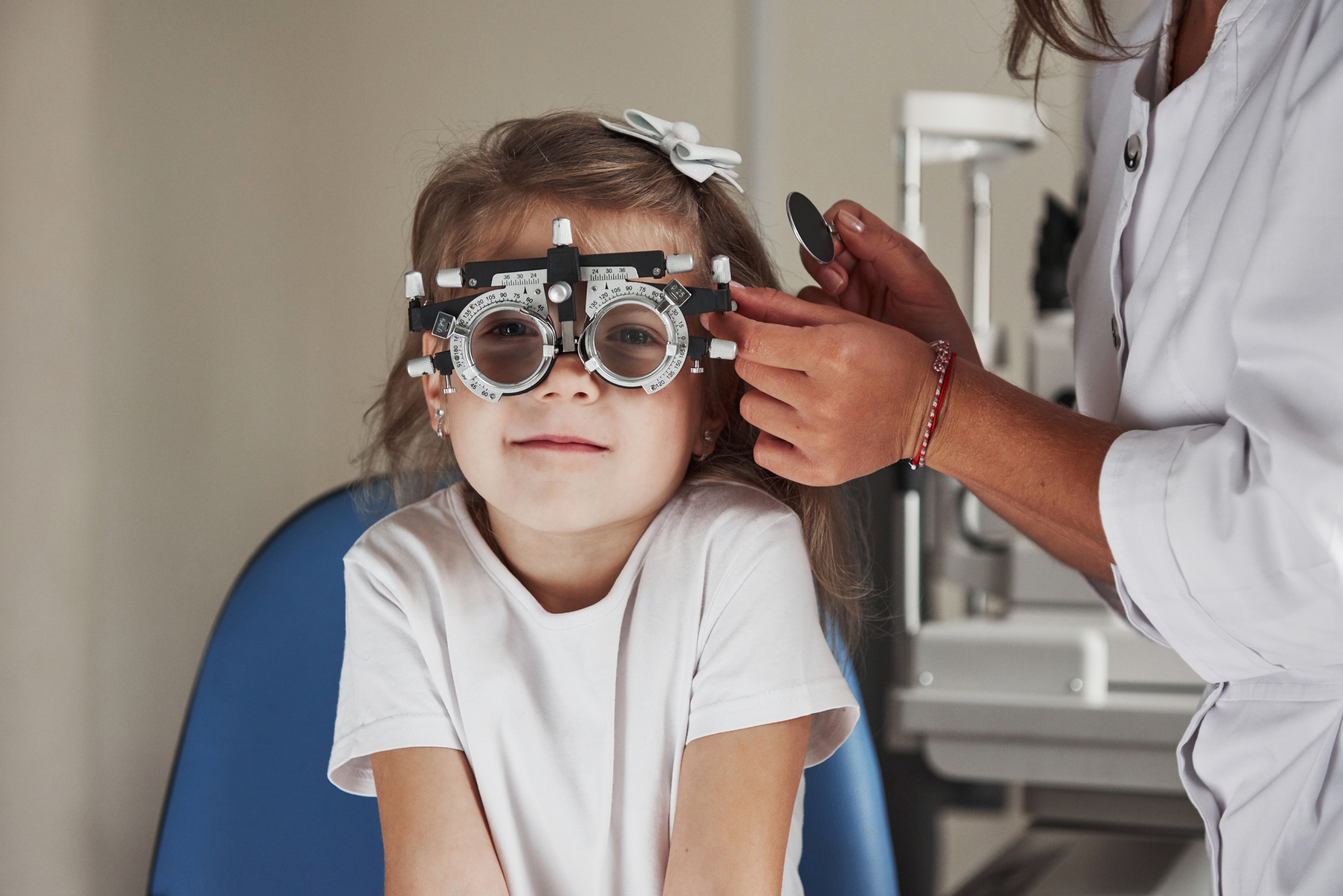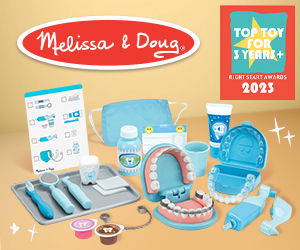Nearly 1 in 2 kids need glasses
Published
Experts are urging parents to get their children’s eyes checked after it was found that 42 per cent of under 16s seen over the last four years have needed glasses or contact lenses.

Failure to address vision or eye health problems early on can impact on development in areas such as spatial awareness, motor skills, communication and social skills – and this can affect learning at school .
Ashish Mathur, eye care expert at Feel Good Contacts, comments: ‘Strong, healthy vision is an important part of a child’s learning and development. Reading, writing, copying work from the board, using computers and participating in sports are all vital tasks requiring stable vision. Children often perform these tasks on a daily basis and the demands on their visual ability increase as they grow.
‘Children often struggle for a long time with a problem without telling an adult. And they may not be able to recognize the symptoms of impaired eyesight. Parents need to create a dialogue where children can feel comfortable saying when something is wrong.
Here are some symptoms parents can identify:
Difficulty reading – they may read slower than their peers, lose their place while reading, hold books closer to their face, make mistakes whilst reading text, skip words, or perhaps say them in the wrong order. This may also be a sign of dyslexia.
Continuously squinting to see things – they may avoid reading, particularly when writing is far away (for example, on a white board). Or they may try to see out of the corners of their eyes or tilt their head to help focus on an object.
White or greyish white colour in the pupil – this can sometimes be a sign of cataracts, corneal ulcer, retinoblastoma (eye cancer in children) or uveitis. All of these affect your child’s visual clarity.
Eyes that are misaligned (turn outwards, looked crossed or don't focus together) –it’s not uncommon for a baby of up to four months to have crossed eyes as they are learning to control their eyes. In older children, crossed eyes are usually a sign of strabismus (misaligned eyes) or amblyopia (lazy eye). This will affect visual acuity, particularly as the distance between objects and viewpoints change: for example, when tracking a flying object such as a ball or looking from the chalkboard to the paper.
Eyes that flutter quickly from side to side or up and down – this will greatly affect a child’s hand-eye coordination and they may have difficulty writing or playing sports. They will also have trouble keeping their eyes on one particular target, moving from one object to another, or moving their eyes along a page to read writing.
Eyes that are consistently watery, excrete puss, feel itchy or look red – these are common symptoms for eye infections caused by irritating substances entering the eye. Children may rub their eyes frequently to relieve itchiness and irritation.
Sensitivity to light – this could be a sign of many conditions including cataracts and epilepsy. Children may also complain that they have a headache.
‘If you spot any issues with your child’s vision, I recommended that you visit an optician or GP promptly before the condition gets worse. If no issues arise, children will only need to have their eyes checked every one-to-two years, the same as adults,’ adds Ashish Mathur.
Feel Good Contacts
Established in 2008 by qualified optometrists, Feel Good Contacts is one of the UK’s leading online suppliers of discounted contact lenses and eye care products. It is also the only UK company to offer this discounted service via a mobile app.




